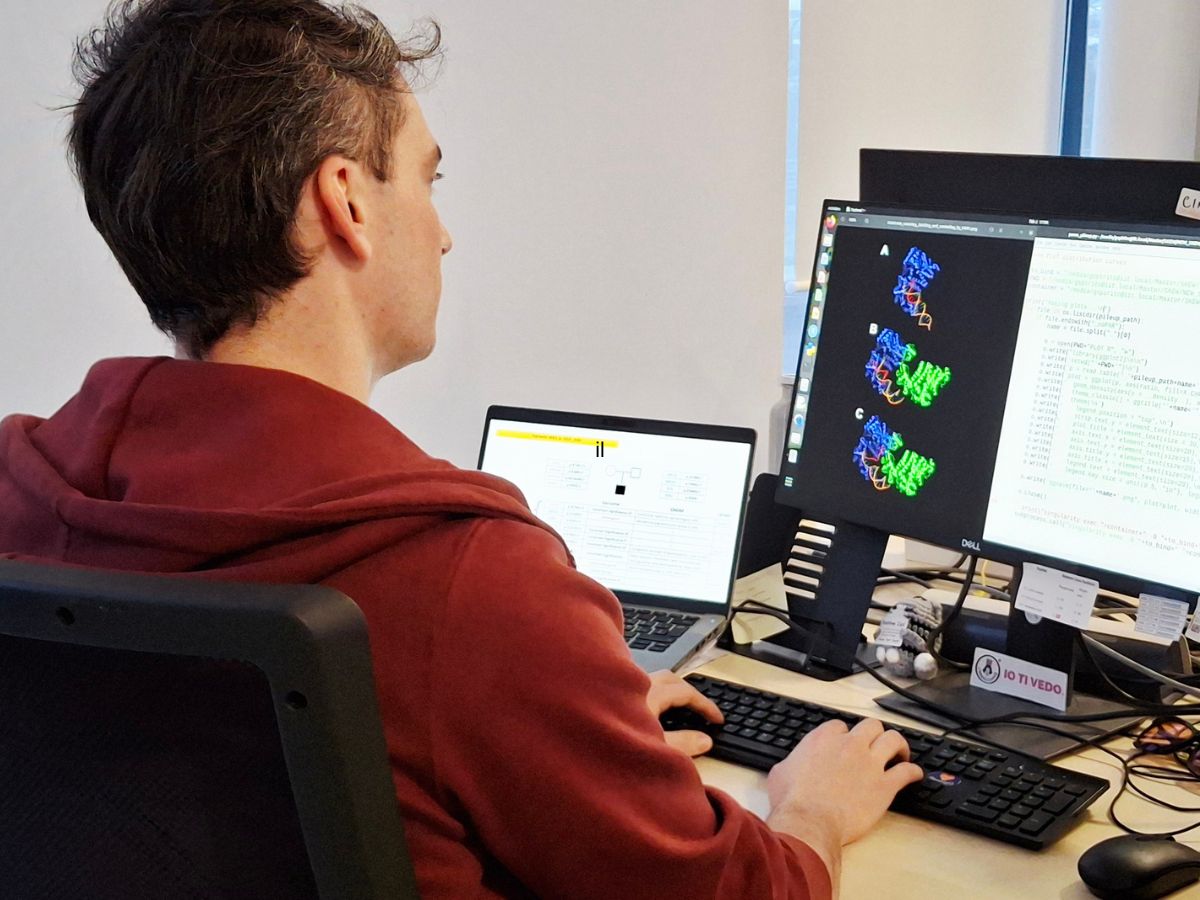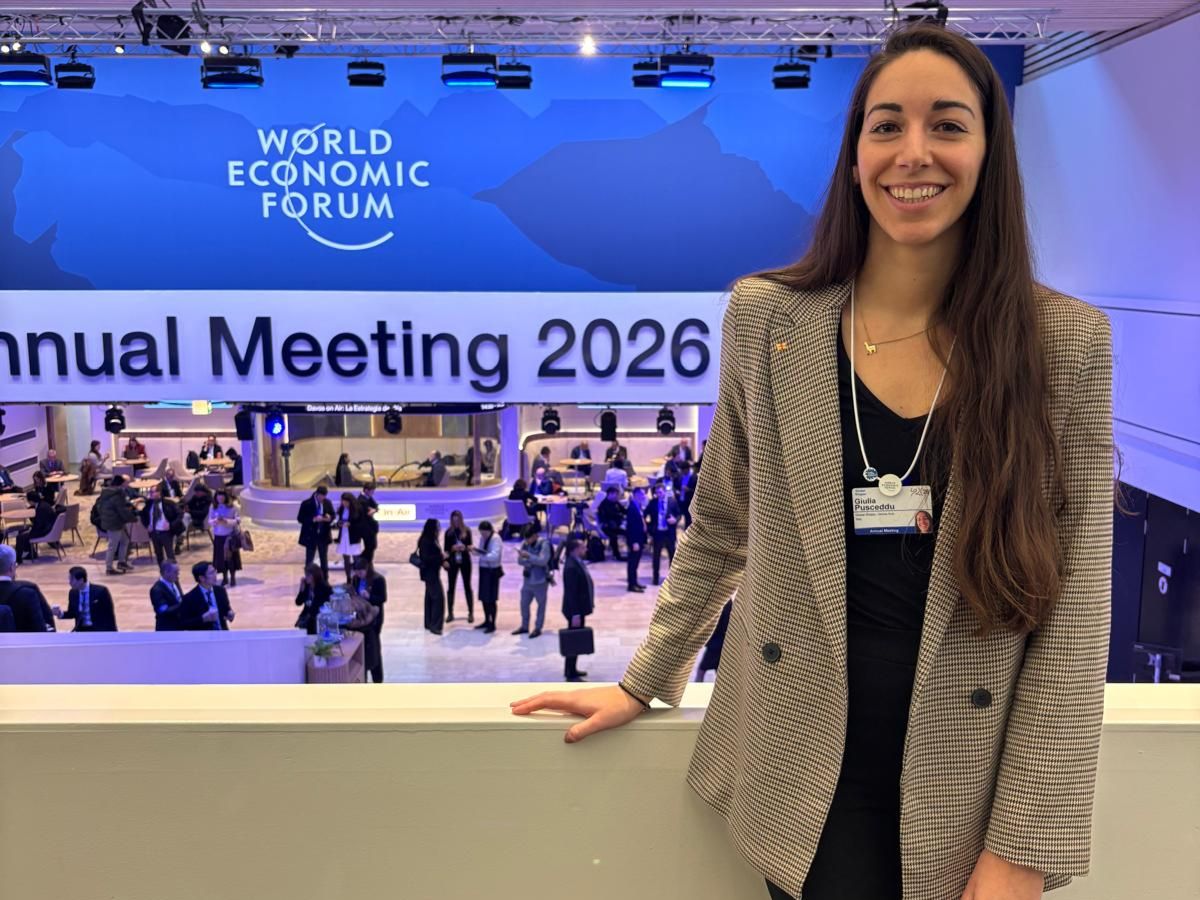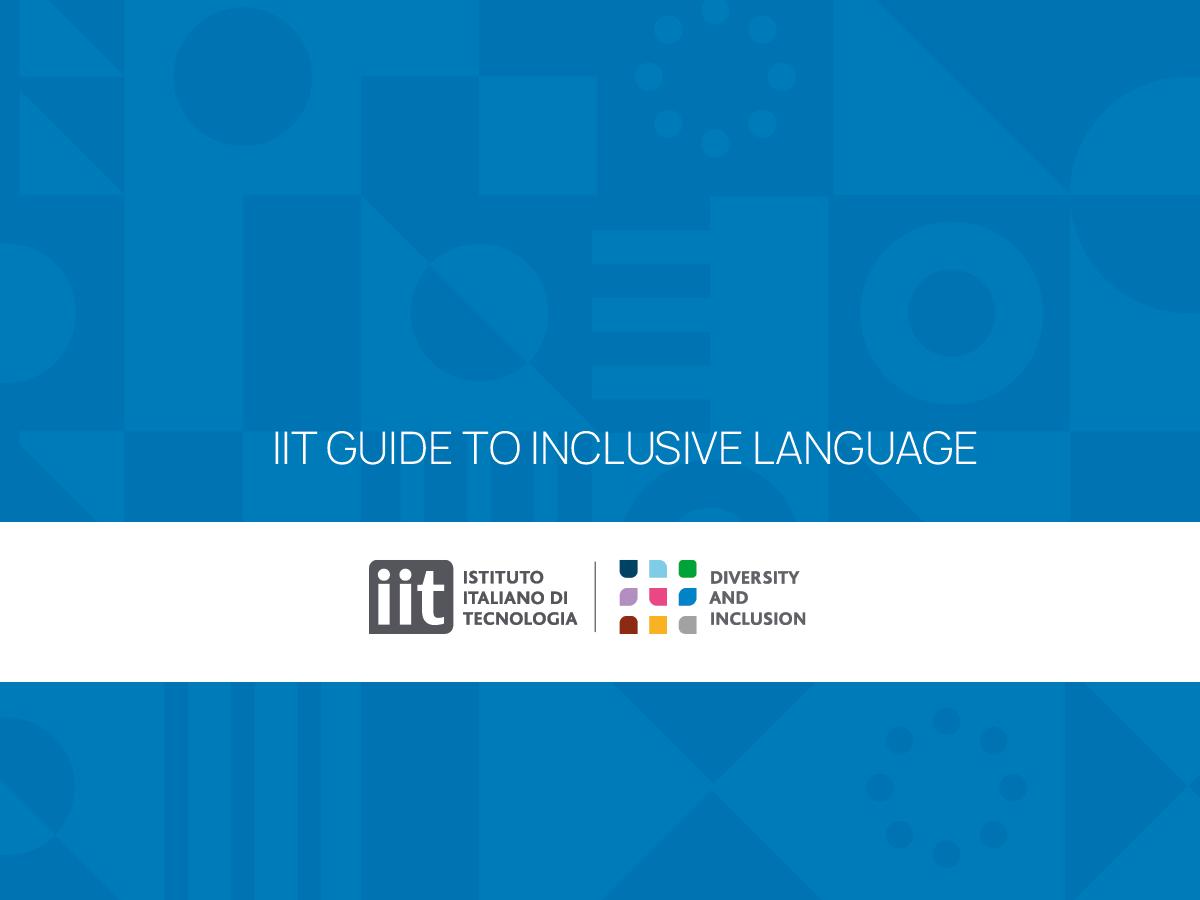The project developed by the Technical Services and Facilities Directorate of IIT for research sustainability
“Imagine a future where plant waste becomes the plastics used every day; where robots take the form of plants and assist humans in protecting the soil; envision plastic solar panels that are flexible, moldable, and wearable; imagine a future where CO2 is no longer an environmental problem but a resource that can be reused in everyday products through microorganisms. We at the Istituto Italiano di Tecnologia have already envisioned this future and are implementing it in our laboratories. Now our effort is to do it sustainably, and that’s why we present the “Research Footprint for Sustainability” project here today to measure and reduce the environmental impact produced by research activities. Because sustainable research begins with research sustainability.”
Yesterday, the first edition of the “Genova Global Goals Award” took place at the Euroflora event, an initiative by the Municipality of Genoa aimed at recognizing efforts to improve the 17 sustainable development goals defined by the United Nations.
There were 55 projects in the competition, and 10 winning projects were selected, divided into five Challenges, defined by the ‘5Ps’ of sustainable development: People, Planet, Prosperity, Peace, Partnership.
The competition involved a 60-second speed de(ba)te to present ideas and dreams for a more sustainable and better Genoa.
In the Prosperity category, “Research Footprint for Sustainability” won, conceived by the team led by Massimiliano Gatti, the Technical Services and Facilities Directorate of IIT. This project represents IIT’s commitment to ensuring that research is sustainable not only in its objectives but also through the tools it employs (infrastructure and operational management). “Research Footprint for Sustainability” focuses on two of the 17 sustainable development goals (SDGs): SDG13, which involves quantifying and potentially reducing emissions, and SDG12, which concerns the sustainable production of scientific innovation. The project will examine information on CO2 emissions from research activities to create an optimization and reduction strategy for CO2. In just 60 seconds, Director Gatti conveyed an idea of sustainability that IIT is pursuing through sustainable management of its infrastructure, which began in 2014, alongside innovative research activities in the environmental field.






